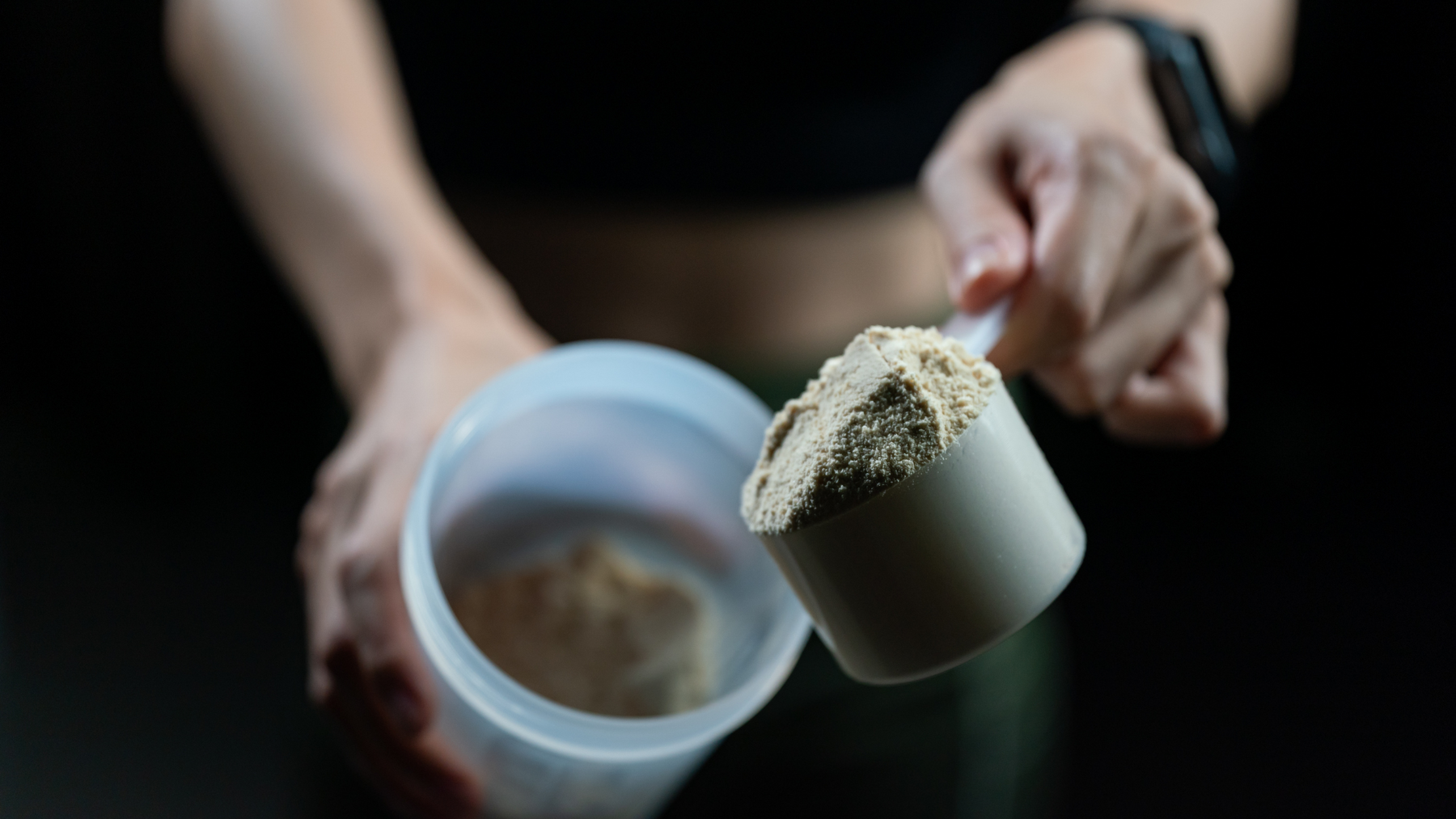
How to Use Whey Protein to Maximise Your Workouts
What is Whey Protein?
Whey protein is a high-quality protein derived from milk during the cheese-making process. It is a complete protein, meaning it contains all nine essential amino acids necessary for muscle growth and repair. The three main types of whey protein are whey concentrate, whey isolate, and whey hydrolysate, each with distinct benefits.
Why is Whey Protein Essential for Workouts?
Whey protein plays a crucial role in muscle recovery, strength building, and endurance. It supports protein synthesis, reduces muscle soreness, and enhances overall performance. Regular consumption helps athletes and fitness enthusiasts achieve their goals more efficiently.
Understanding Whey Protein
Types of Whey Protein
-
Whey Concentrate: Contains low levels of fat and carbohydrates; affordable and widely available.
-
Whey Isolate: Highly refined, lower in fat and lactose; ideal for those with mild lactose intolerance.
-
Whey Hydrolysate: Pre-digested for faster absorption; best for post-workout recovery.
How Whey Protein Works in the Body
Once consumed, whey protein is quickly digested and absorbed into the bloodstream. It stimulates muscle protein synthesis, aids in muscle recovery, and supports metabolic functions. The fast absorption rate makes it an excellent post-workout supplement.
The Right Way to Use Whey Protein
How Much Whey Protein Should You Take?
The recommended daily intake depends on fitness goals and body weight:
-
General fitness: 0.8-1.2g of protein per kg of body weight.
-
Muscle building: 1.6-2.2g per kg.
-
Weight loss: 1.2-1.8g per kg.
When to Take Whey Protein for Maximum Results
-
Pre-Workout: Provides energy and prevents muscle breakdown.
-
Post-Workout: Enhances muscle recovery and repair.
-
Before Bedtime: Sustains overnight muscle repair.
How to Mix Whey Protein for Best Absorption
-
Mix with water for faster digestion.
-
Blend with milk for added nutrients and slower absorption.
-
Add fruits, oats, or peanut butter for a nutrient boost.
Maximising Workouts with Whey Protein
Best Exercises to Pair with Whey Protein
-
Strength Training: Squats, deadlifts, bench press.
-
Endurance Training: Running, cycling, swimming.
-
HIIT (High-Intensity Interval Training): Boosts metabolism and muscle retention.
Whey Protein for Muscle Growth and Recovery
-
Stimulates muscle protein synthesis.
-
Reduces muscle soreness after intense workouts.
-
Enhances muscle endurance over time.
Combining Whey Protein with Other Supplements
-
Creatine: Improves strength and muscle gains.
-
BCAAs (Branched-Chain Amino Acids): Enhances endurance and recovery.
-
Glutamine: Supports muscle repair and immune function.
Common Mistakes and How to Avoid Them
Overconsumption of Whey Protein
-
Can lead to digestive discomfort.
-
Excess protein may be stored as fat.
-
Stick to recommended intake based on goals.
Not Choosing the Right Type of Whey
-
Choose whey isolate if lactose intolerant.
-
Opt for whey concentrate for an affordable protein source.
-
Use whey hydrolysate for rapid recovery.
Ignoring Nutrient Timing
-
Consume whey protein within 30 minutes post-workout.
-
Space protein intake evenly throughout the day.
Whey Protein and Diet
Best Foods to Eat with Whey Protein
-
Oats: Slow-digesting carbs for sustained energy.
-
Nuts and Seeds: Healthy fats for better absorption.
-
Berries: Rich in antioxidants to combat oxidative stress.
Can You Use Whey Protein for Weight Loss?
-
Increases satiety, reducing overall calorie intake.
-
Supports muscle retention during fat loss.
-
Enhances metabolism by increasing thermogenesis.
FAQs
Is Whey Protein Safe for Daily Use?
Yes, moderate daily intake is safe for healthy individuals. However, those with kidney disease should consult a doctor before use.
Can You Take Whey Protein Without Exercising?
Yes, but it may lead to weight gain if not accounted for in daily caloric intake.
What Happens if You Take Too Much Whey Protein?
Excessive intake may cause digestive issues, bloating, and potential kidney strain.
Is Whey Protein Suitable for Vegetarians?
Yes, whey protein is derived from milk and is suitable for vegetarians but not vegans.
How Long Does Whey Protein Stay in Your System?
Whey protein is digested within 1-2 hours, depending on individual metabolism.
Can You Replace Meals with Whey Protein?
Whey protein should supplement meals, not replace them entirely, as it lacks essential whole food nutrients.
Conclusion
Whey protein is a powerful tool for maximising workouts, improving recovery, and supporting muscle growth. By choosing the right type, consuming the correct amount, and pairing it with proper training and diet, you can optimise your fitness results efficiently.
Shop Our Whey Protein Favourites
Naughty Boy® Advanced Whey 2010g
Shop the full range of Whey Protein Products here.



